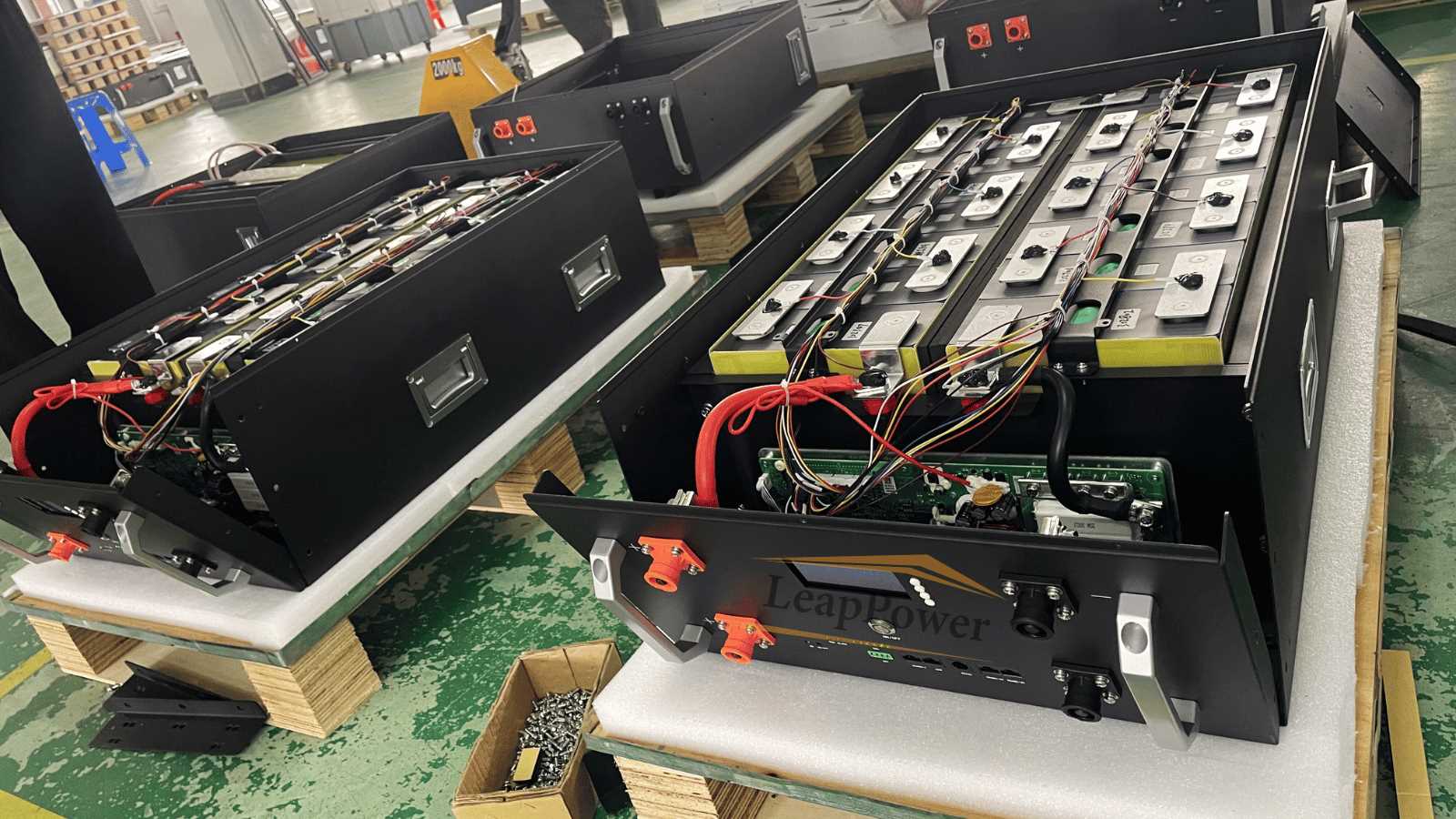In nowadays, lithium iron phosphate (LiFePO4) batteries are gaining widespread attention for their safety, reliability, and efficiency.
As the demand for renewable energy solutions and electric vehicles grows, the need for better battery technology is more critical than ever. In this blog, we will explore what makes Lifepo4 battery unique, the cost, their applications, and the future.
OVERVIEW:
A LiFePO4 (Lithium Iron Phosphate) battery is a type of lithium-ion battery that uses lithium iron phosphate as the cathode material. The primary components of a LiFePO4 battery include:
LiFePO4 batteries were first introduced in 1996 as a safer alternative to other lithium-ion batteries. Unlike conventional lithium-ion batteries, which use cobalt or manganese-based materials, LiFePO4 batteries focus on providing safer, long-lasting energy storage.

For the lithium battery itself, the most important component is the cell. Compared to previous years, the price of lithium batteries has dropped significantly, with prices around $1,000/kWh in 2010. By 2020, the price drops to about $137/kWh, and continues to go lower before rebounding slightly in 2023.
Li-ion battery prices are expected to continue to decline slowly over the next few years, especially with the adoption of solid-state batteries and new battery materials such as low-cobalt or even cobalt-free batteries.
International consulting firm Bloomberg New Energy Finance (BNEF) expects that the average price of lithium battery cells could fall to $80/kWh by 2025, and could be closer to $60/kWh in the long term.

With the reduction of battery costs, battery manufacturers will continue to improve their own technical level, shift the focus to the battery application, to develop more adapted to the use of different environments of the battery. As a battery manufacturer, Leappower committed to producing high-quality batteries to meet the needs of every customers.
The versatility and safety of LiFePO4 batteries have led to their use in a wide variety of industries and applications:
The automotive industry is increasingly adopting LiFePO4 batteries for electric cars, buses, and scooters. Their long lifespan and safety make them an attractive option for EV manufacturers looking to offer durable and reliable vehicles.
Solar power systems rely on batteries to store energy for use during cloudy days or at night. LiFePO4 batteries are ideal for this application because they can endure thousands of charge and discharge cycles and operate in various environmental conditions.
For marine and recreational vehicle (RV) applications, where weight and reliability are crucial, LiFePO4 batteries offer a lightweight, long-lasting solution that can power everything from lights to appliances.
LiFePO4 batteries are increasingly used in **uninterruptible power supplies (UPS)** and backup power systems for homes, hospitals, and data centers. Their ability to deliver reliable, high-discharge power makes them perfect for emergency situations.
While traditional lithium-ion batteries are still common in smartphones and laptops, LiFePO4 technology is making inroads into more specialized portable devices, especially those that require enhanced safety or operate in extreme conditions.
LiFePO4 vs. Other Lithium-Ion Batteries
When comparing LiFePO4 to other types of lithium-ion batteries, several key differences become clear:
These aspects show that lifepo4 battery has a lot of advantages, both in terms of the product itself and in terms of the application results.
With global demand for renewable energy and electric vehicles on the rise, LiFePO4 batteries are poised to become a cornerstone of future energy storage technologies. Their combination of safety, longevity, and environmental friendliness makes them ideal for a wide array of applications, from personal electronics to industrial-scale energy storage.
Moreover, ongoing advancements in battery technology are improving the energy density and reducing the cost of LiFePO4 batteries, which will further accelerate their adoption.

LiFePO4 batteries are rapidly emerging as a leading option for anyone in need of safe, durable, and efficient energy storage. Whether for use in electric vehicles, renewable energy systems, or backup power solutions, these batteries offer a reliable and environmentally friendly alternative to other battery technologies.
As the world continues to shift toward sustainable energy solutions, LiFePO4 batteries will undoubtedly play a key role in powering our future.
If you have any questions about LiFePO4 batteries or are considering using them for your energy storage needs, feel free to leave a comment below!

nice writing, quick know about lifepo4 battery.
[…] Lithium-Ion (Li-Ion) Batteries […]